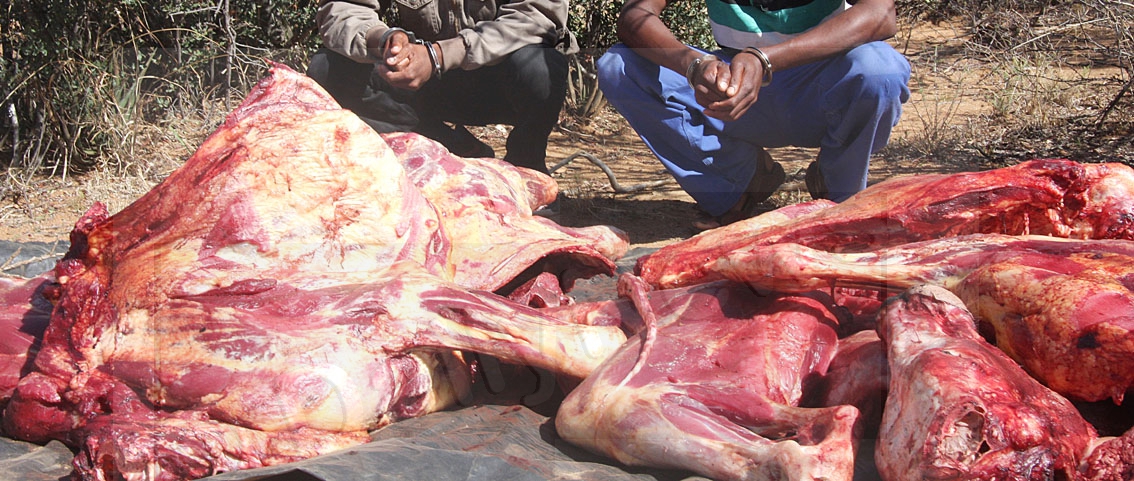AGOA preferred trade agreement by US
12 Jul 2023
The Africa Growth Opportunity Act (AGOA) is a unilateral preferential trade agreement by the United States (US) to African countries that was signed into law in 2000.
Assistant Minister of Trade and Industry, Ms Beauty Manake, said the US view was that through AGOA they could build on their success in negotiating formal trade agreements with selected African countries, but that had not happened. She said AGOA was to expire in 2015 but was extended for another 10 years.
Ms Manake said about 6 500 product lines’ tariffs had either been reduced or removed to allow beneficiaries to export to the US at competitive rates.
The reduced or removed tariffs allowed African exports to be cheaper in the US compared to countries which did not have an agreement with the US or were not AGOA beneficiaries.
Ms Manake said it was a unilateral agreement and that the US held the sole power to revoke AGOA for countries it deemed to violate internationally recognised workers’ rights and grossly violated other human rights.
She said to date Botswana has benefitted by exporting textiles and apparel products under AGOA and that capacity building was ongoing to facilitate exports of
Morula oil and products, donkey milk products, organic honey, food preparations, handcrafted jewellery and jewellery made from semi-precious stones.
Ms Manake said AGOA offered exports from Botswana a tariff advantage over exports from non-eligible countries, making Botswana products cheaper and more competitive.
She said AGOA offered up to 6 500 eligible product lines which allowed exporters to diversify exports to the US and thus providing Batswana to engage in value chains.
She said local producers could benefit through technical assistance provided by US agencies such as USAID, Southern Africa Trade and Investment Hub which provided AGOA beneficiary with capacity building.
“Botswana companies using AGOA are exposed to the US market which can create strategic alliances and supply chain relationships with their US counterparts, which can be maintained even beyond the expiry date of the AGOA programme,” she said. She added that “Botswana firms exporting under AGOA gain experience and are better positioned to explore alternative markets using the experience of exporting to the US, one of the most challenging markets to access.”
She said from 2000 to 2017, 16 manufacturing companies registered with BURS to export textiles under AGOA. Currently no companies were exporting under
AGOA as they closed down over the years with the last company relocating to Lesotho in 2017 after making its last export.
“Eight new non-textile companies have registered to export cosmetics and oils from natural products, jewellery, coal products, food items and natural products.
Exports under AGOA have declined from P13.5million in 2017 to negligible figures,” she said
Ms Manake said the decline was due to the challenges of exporting under AGOA which included insufficient investment from the US, high production costs, high transport costs, high costs of compliance with the technical regulations in the US and that AGOA was not a long term agreement which impacted investment decisions.
She also said poor infrastructure and high transaction costs, limited labour and managerial skills in handling high fashion merchandise, competition from other exporters and high interest rates as well as an unlevelled playing field were some of the challenges.
Ms Manake also noted that Botswana was currently hosting the US-Africa Business Summit to address the challenges.
Serowe South MP, Mr Leepetswe Lesedi, had asked the Minister of Trade and Industry what AGOA was and its benefit to Botswana. He also wanted to know how many local businesses had benefited from the act in the past five years and the value in monetary terms of such benefits. ENDS
Source : BOPA
Author : BOPA
Location : RAMOTSWA
Event : PARLIAMENT
Date : 12 Jul 2023



